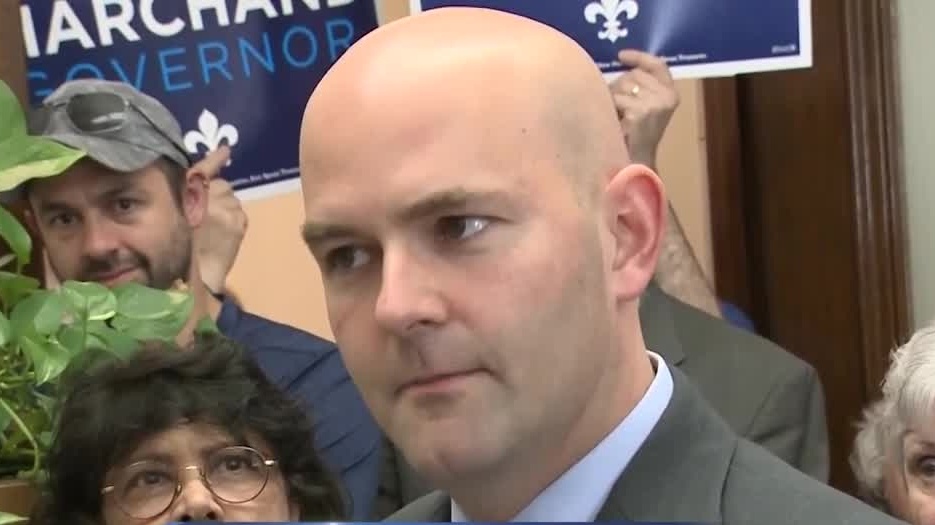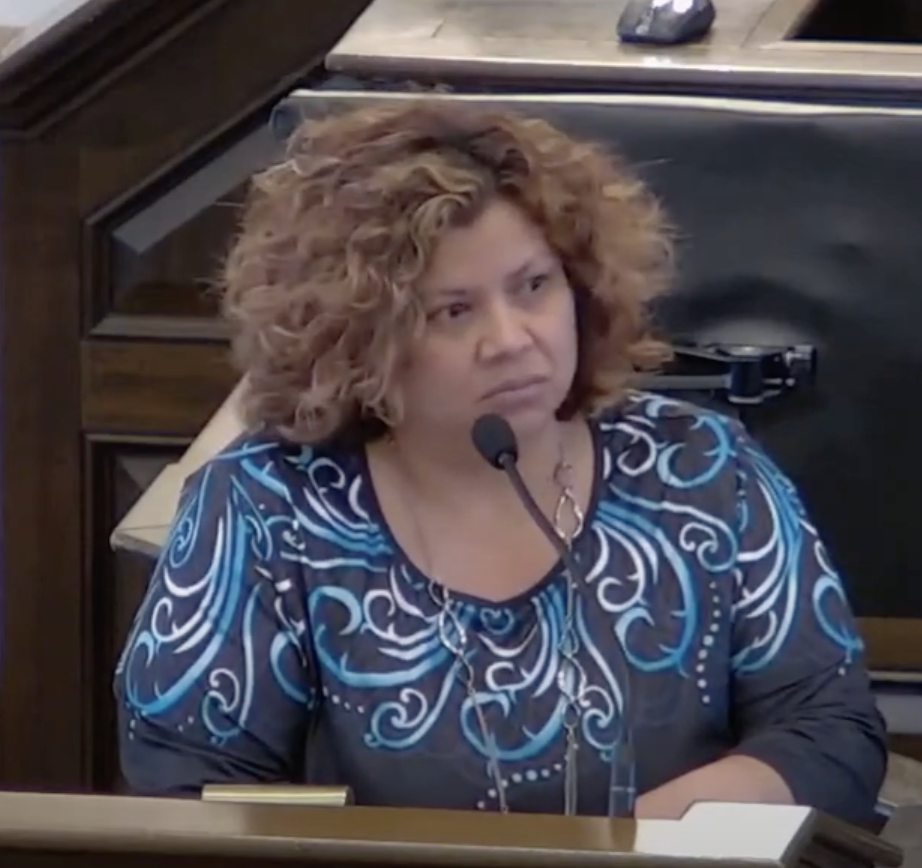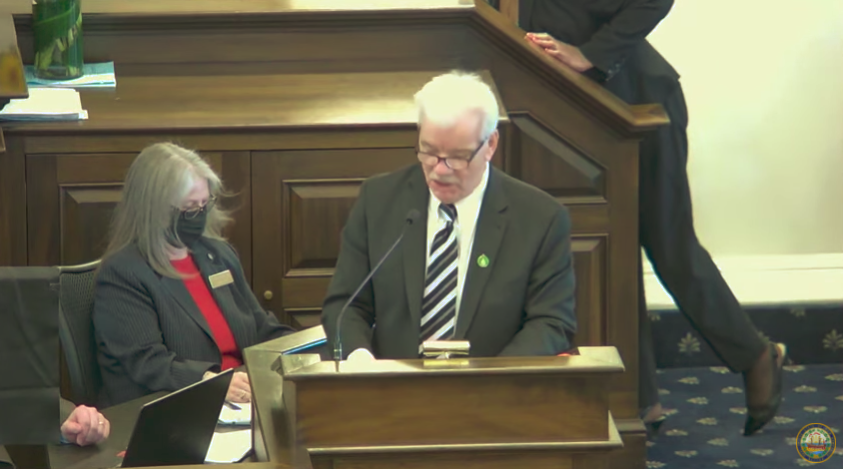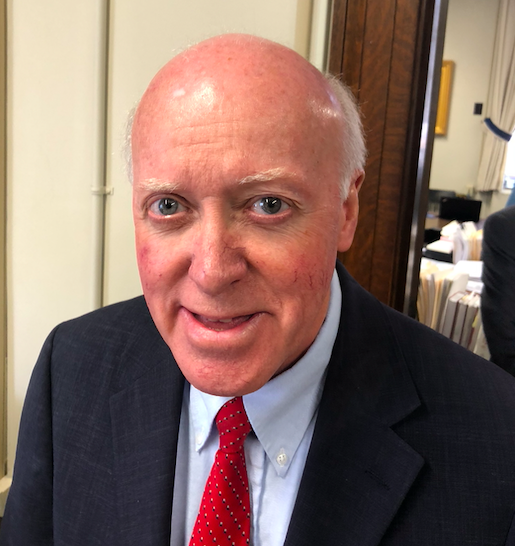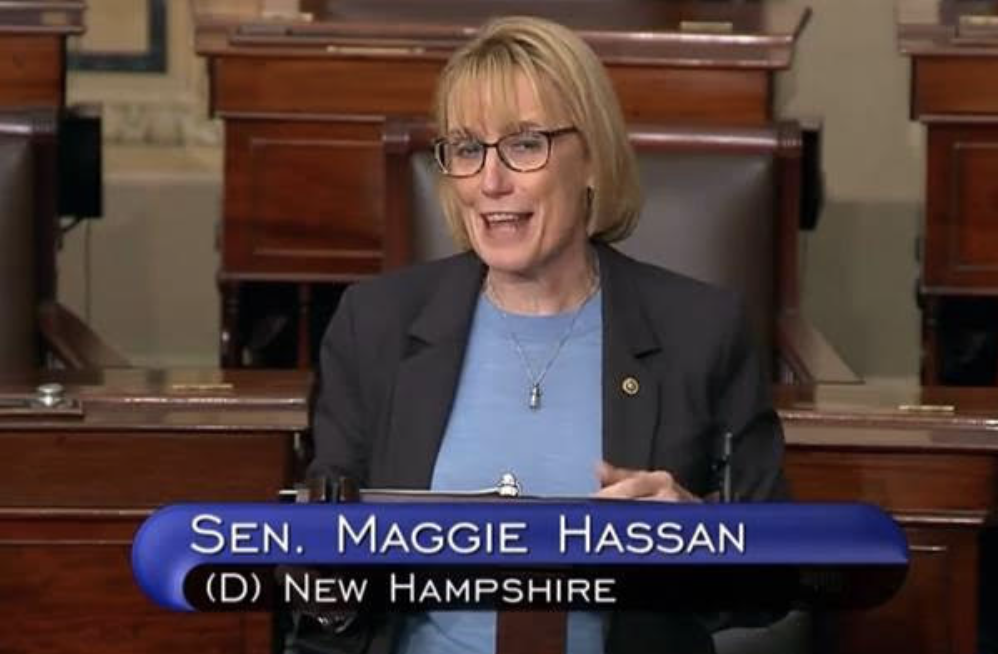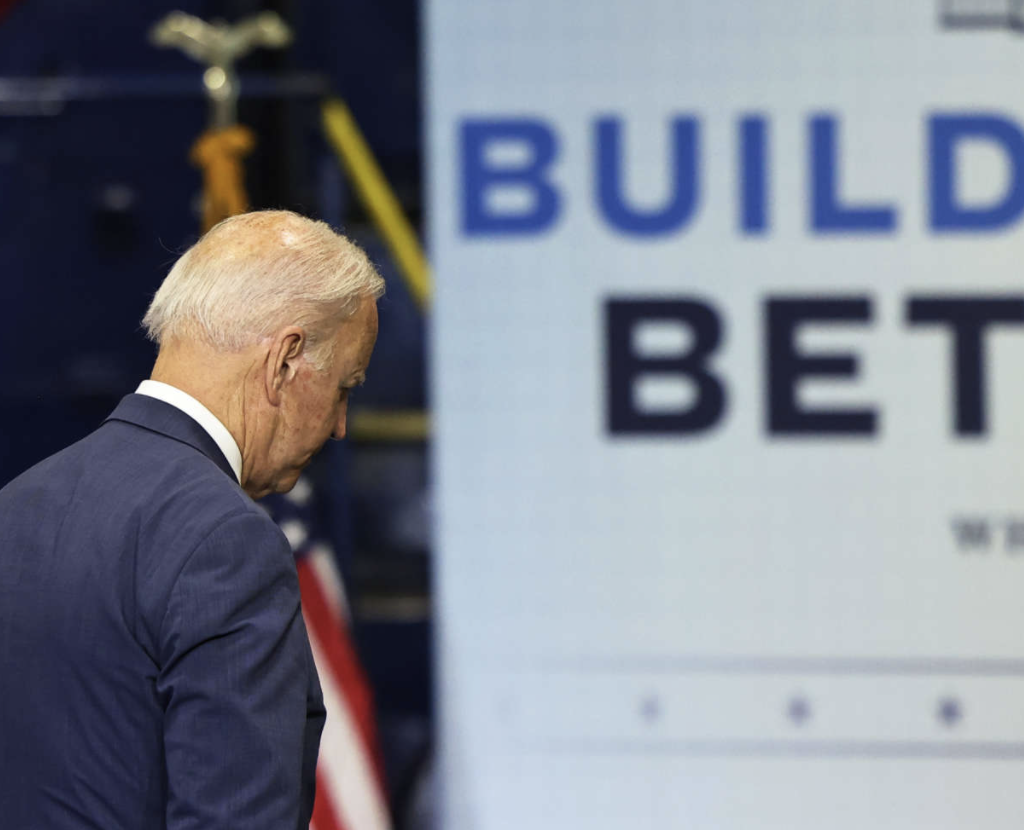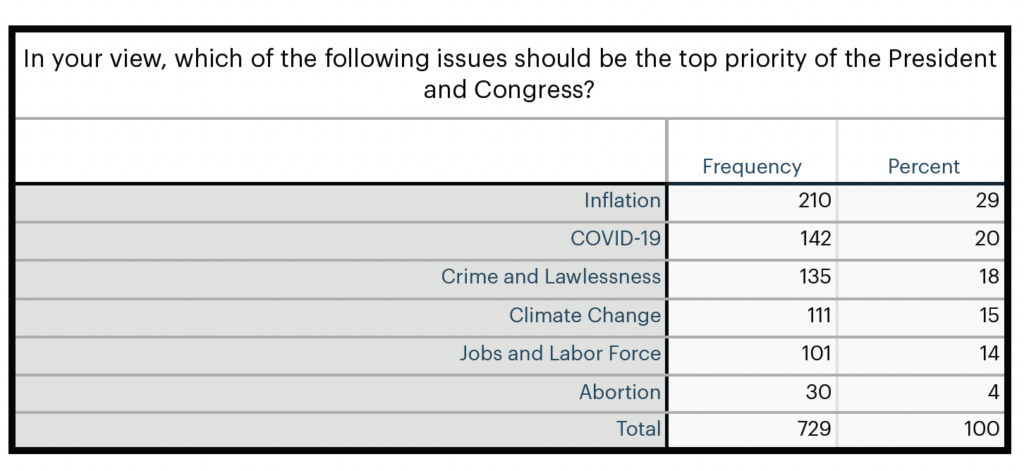On Eve of Election, NHDem Candidates Revive Calls for State Income Tax

Political strategists see it as the third rail of New Hampshire politics, but some Granite State Democrats just can’t seem to let it go: A state income tax.
In a recent interview with the Keene Sentinel, Peterborough Democrats Jonah Wheeler and Rep. Peter Leishman both said they could support a broad-based income tax to shift the burden of education funding away from property taxes.
“Wheeler said that to further boost public-education funding, he believes a new source of revenue is needed in the form of an income tax, which he said would simultaneously take the burden off property taxpayers,” according to the paper. “Leishman said he would support that kind of legislation and has voted in favor of it in the past.”
They aren’t alone.
During an October 2022 podcast interview, Claremont Republican-turned-Democrat state Senate candidate Charlene Lovett said she was “open to looking at” a shift to an income tax as well. During the interview, she discussed her Citizens Count survey declaration that she is “undecided” on the idea of a broad-based income tax and the backlash that answer inspired.
But rather than taking a clear anti-income tax stance, she said it is an option that should be discussed.
“We’ve gotta deal with the fact we have an over-reliance on property taxes and it’s hurting people,” Lovett said in the podcast. “I think we have to look at that.”
Lovett said her openness to considering an income tax is based on hearing from people financially burdened by property taxes during her years as mayor of Claremont. It has the highest property tax rate in the state.
While Lovett is trying to thread a political needle on the income tax, other Democrats are more open about embracing broad-based taxes — or at least on ruling them out.
Rep. Debra Altschiller (D-Stratham), who is running for the District 24 Senate seat being vacated by Tom Sherman, is one of many Democrats who voted against last year’s House constitutional amendment to ban income taxes. Joining Altschiller in that vote were Reps. Steve Shurtleff (D-Concord) and Matt Wilhelm (D-Manchester), currently locked in a battle for their party’s leadership.
Neither Shurtleff nor Wilhelm responded to an NH Journal question about whether they plan to support an income tax if they become House Speaker or House Minority Leader.
The amendment to ban income taxes garnered a majority vote but died because it failed to get the necessary three-fifths majority.
Rep. Eric Gallager (D-Concord) has long been vocal about his support for taxing Granite Stater’s income, but he seems to understand the political reality for Democrats.
“I can call for one because I’m in a safe D seat running unopposed,” Gallager said recently on Twitter. “But if I ever ran for governor I’d have to stop, which is one of the major reasons why I don’t ever think I’ll do so.”
Gallager’s sense of his political future aside, no Democratic gubernatorial candidate in recent memory has supported an income tax. Current Democratic standard bearer Sherman (D-Rye) has been vocal in rejecting income taxes and sales taxes in his faltering campaign against Gov. Chris Sununu.
“I will veto an income tax or sales tax if it comes across my desk,” Sherman told the Pulse of NH.
But Sherman did back a mandatory paid family medical leave plan passed by the Democratic legislature in 2019, which was paid for by a mandatory payment based on wages. Republicans argue that is an income tax (it is actually a payroll tax), but Democrats still continue to trip over the issue.
During a recent candidate forum in the District 1 Senate race, Rep. Edith Tucker (D-Randolph) tried to explain her vote for the paid leave plan and its funding mechanism.
“It’s not an income tax,” she insisted. “It’s a tax taken for a particular purpose from your paycheck.”
Granite State voters may not see the distinction.


